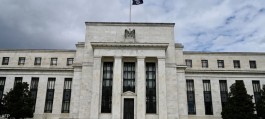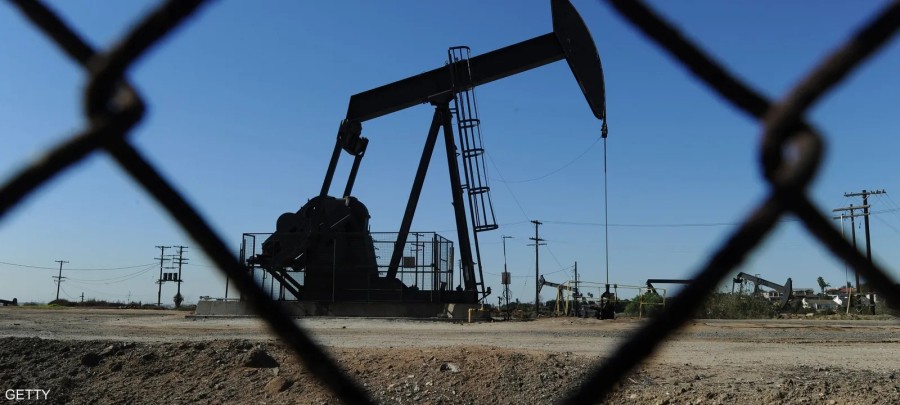Oil prices stabilized as investors assessed the impact of a potential supply glut versus US sanctions on Russia that have disrupted some crude flows.
Brent crude traded near $64 a barrel after a slight loss in the previous session, while West Texas Intermediate crude was below $60.
The price of Russia's main crude oil fell to its lowest level in more than two years, just days before US sanctions against major producers Rosneft and Lukoil were set to begin.
Benchmark futures have declined this year as surplus expectations have weighed on the market's outlook, with the International Energy Agency forecasting a record surplus in 2026. The oversupply is attributed to the return of previously halted production by OPEC+ and increased output from outside the group.
Saul Kavonic, senior energy analyst at MST Markit, said: The market is balancing bearish market equilibrium expectations with upside risks from supply disruptions due to geopolitical tensions in Russia and elsewhere.
He added: If the enforcement of sanctions is weak, the levels of conflict do not escalate, and OPEC remains on its current path, the market will eventually continue to decline.
Increased oil sands production in Canada
At the same time, oil sands production in Canada is rising as the new expansion of the Trans Mountain pipeline comes online, bringing more oil to Asian markets after years of capacity constraints.
Production rose to a record high in June and is expected to rise further to 6 million barrels per day by 2030, according to Bank of Montreal.
However, other geopolitical risks are escalating and could provide support for prices, including attacks in Sudan that have curtailed exports and Iran's seizure of an oil tanker last week near the vital Strait of Hormuz. The market is also assessing the potential fallout from US pressure on Venezuela.
Geopolitical tensions: Venezuela in the spotlight
The United States plans to designate a Venezuelan drug cartel, allegedly led by President Nicolas Maduro, as a foreign terrorist organization, and US President Donald Trump has said he does not rule out sending US troops to the oil-rich country.
Separately, Saudi Crown Prince Mohammed bin Salman is expected to meet with Trump in Washington on Tuesday, as the two countries seek to deepen relations.
The president said at the White House on Monday that the United States would sell F-35 fighter jets to the kingdom, which he described as a great ally.






































